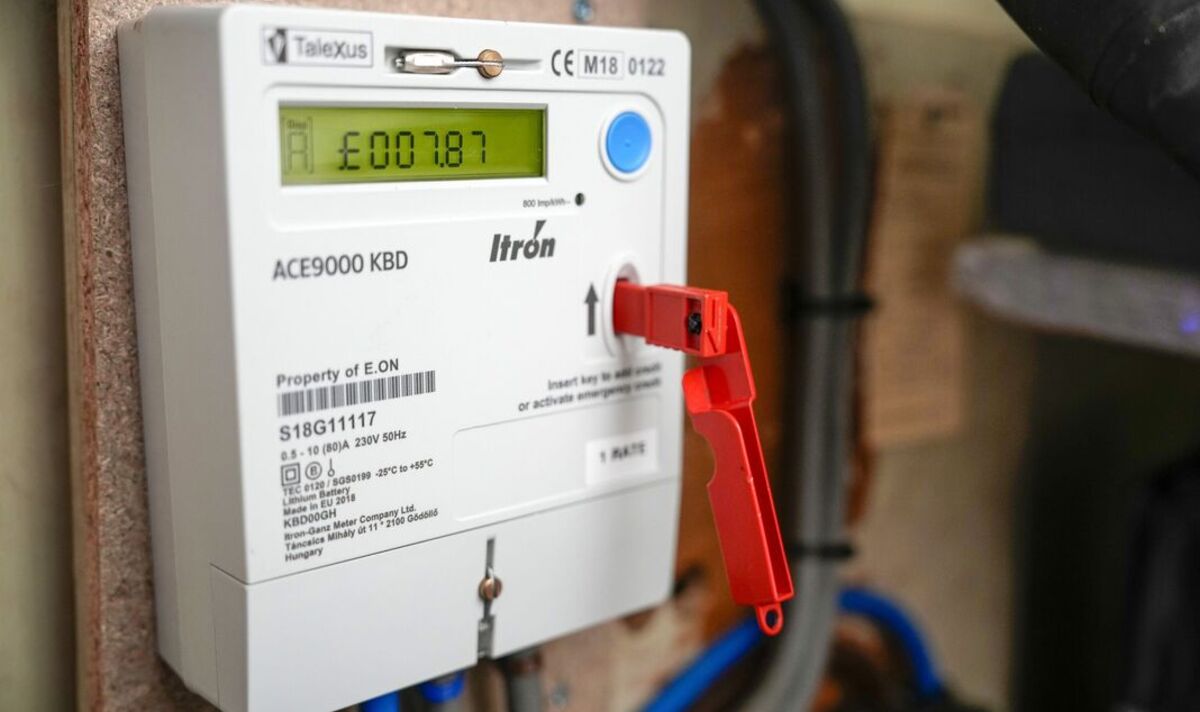
Ofgem has announced the new energy price cap will be £2,074, based on typical use, from July 1. It means around 27 million households are set for a modest drop in energy bills this summer.
The Ofgem price cap is currently at £3,280, but consumers are protected from this by the Government’s energy price guarantee, meaning a typical household pays £2,500 a year.
This means with the new Ofgem cap coming in from July, bills will fall by £426 a year, based on typical use.
Alice Haine, personal finance analyst at Bestinvest, warned Britons still have high household bills despite the energy bills drop coming up in July.
She said: “Remember, lower energy prices do not translate into lower household bills across the board.
“While the good news is that more households won’t have shiver their way through the next winter, they may be forced to starve through the summer instead thanks to rocketing food prices.
“The reality of the never-ending financial squeeze is that it gives with one hand and takes with the other, with the lower energy price cap coming just a day after food inflation hit 19.1 percent in the 12 months to April, just slightly down on the 19.2 percent recorded in March.”
She also warned Britons not to be careful about how they use their appliances even with bills set to fall.
The expert said: “Households who see the lower price cap as the green light to plug in all their appliances and whack the heating up in the winter when the colder temperatures draw in should tread carefully.
“The cap is not a limit on the bill a household can be charged, it is purely the maximum amount a household with a typical usage would pay if they were on the standard default tariff.
“Ultimately what households are charged depends on how much energy they use, so those consuming more energy than the average will pay higher bills and those using less will pay less.”
Martin Lewis, founder of Money Saving Expert, warned many people will still be paying more for their energy this winter, when people tend to use more energy due to extra heating costs.
He said: “This will be a relief for many, yet most will still be paying more for their energy than during the winter.
“This is because, apart from for those with high use, the drop in the rates doesn’t make up for the £66 per month state support people got until April – and most are on monthly direct debit, which means they pay the same in summer as winter.
“Overall, this still leaves people paying double or more what they did before the energy crisis hit in October 2021.
“The fact the state is paying far less than planned to support people’s bills means there is some wriggle room here for targeted support for another hard winter coming for those who are just above the benefits threshold.”
The Government has rolled out fresh cost of living support for millions of Britons. People on certain means-tested benefits, including Universal Credit, are getting a £900 payment in three instalments this financial year.
People on disability benefits are to get a £150 payment next month while pensioners who receive the Winter Fuel Payment this winter will get an additional payment of between £150 and £300.
For the latest personal finance news, follow us on Twitter at @ExpressMoney_.





